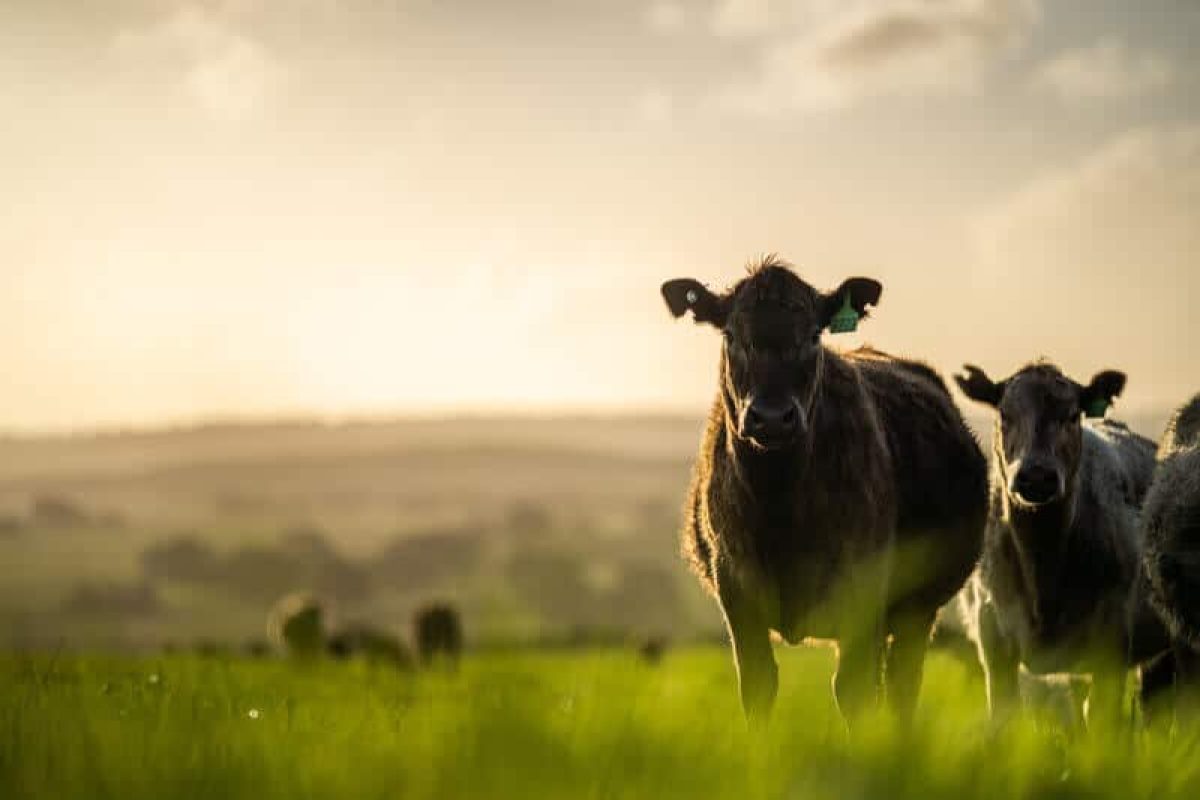When I embarked on my Kellogg Rural Leadership program project in 2021, one of my main goals was to define regenerative agriculture. I failed, but in doing so, I opened up a world of previously unseen possibilities and totally flipped my perspective on its head.
Regenerative Agriculture has been gaining traction as a low-input farming method that treats the farm more as an ecosystem and encourages management practices that mimic those found in nature. It’s pretty disruptive to the conventional farming approach of maximising yield through the cyclic use of higher inputs of fertiliser, herbicide sprays, and modified annual grasses.
Regenerative agriculture
Regenerative Agriculture certainly has its detractors, especially those who benefit financially from the more conventional farming system, e.g., fertiliser companies, but even some of them have made moves in the ‘regenerative’ direction.
In trying to determine what regenerative agriculture was, I discovered exactly what it wasn’t.
Language matters. For something to be regenerative, something else must not be, i.e., it must be degenerative (or extractive). Language forces us to create a label. In farming, you are either regenerative, or you are not. Therefore, by implication, at some point, enough boxes are ticked where you ‘qualify’ to be regenerative; drill some diverse pasture, extend the round, use a bit less fertiliser etc. This is the argument that leads to the definition problem; namely, what is regenerative and what are the qualification criteria? But it also misses the point. Numerous studies and regenerative trials still have not adequately answered these questions, mainly because you cannot define a whole system by breaking it into its components and studying them in isolation.
What is regenerative?
Regenerative is all about creating conditions within a system as a whole for the desired outcomes, not forcing those outcomes directly. It is the interactions between the components of the system functioning as a whole that lead to outcomes and allow that system to express its potential. Rather than intervening to control one element of the system, conditions must be created within that whole system whereby the outcomes become a natural consequence of those changed conditions.
This is why regenerative agriculture is best described by a series of principles rather than being defined as a list of practices.
Seen in this context, it is more useful to think of land as ‘regenerating’ rather than either ‘regenerative’ (or not). Regenerating land is on a transitional journey towards its full potential, which is a consequence of the existing (and future) conditions. ‘Regenerating’ expresses an intention and acknowledges improvement in regenerative potential from every starting point. It is inclusive and invites participation rather than being polarising and exclusive.
It may sound like semantics to some or a meaningless subtlety to some, but seeing regenerative agriculture through a lens of “regenerating land by creating conditions which mimic natural systems” allows participation from every starting point, guided by principles, not defined by rules. We have no idea what the full natural potential of the land is, but I, for one, would like to help find out.
Ata Regenerative
Regenerative is a movement that is transforming farming, agriculture, communities, business, and organisations. Ata Regenerative work with farmers to help with regenerative adoption and implementation and can help you transition to a regenerative future.
Contact us today to learn how Ata Regenerative can help you.
Ata Regenerative are at the forefront of regenerative agriculture practice in New Zealand. With 17 years working in the regenerative space and as the Savory Hub for NZ, Ata Regenerative is the only certified Ecological Outcome Verification provider in New Zealand. Ata Regenerative can assist with your transition to farm practice that focuses on the regeneration of soils, increased productivity and biological diversity, as well as economic and social well-being. To find out more, contact us here.


